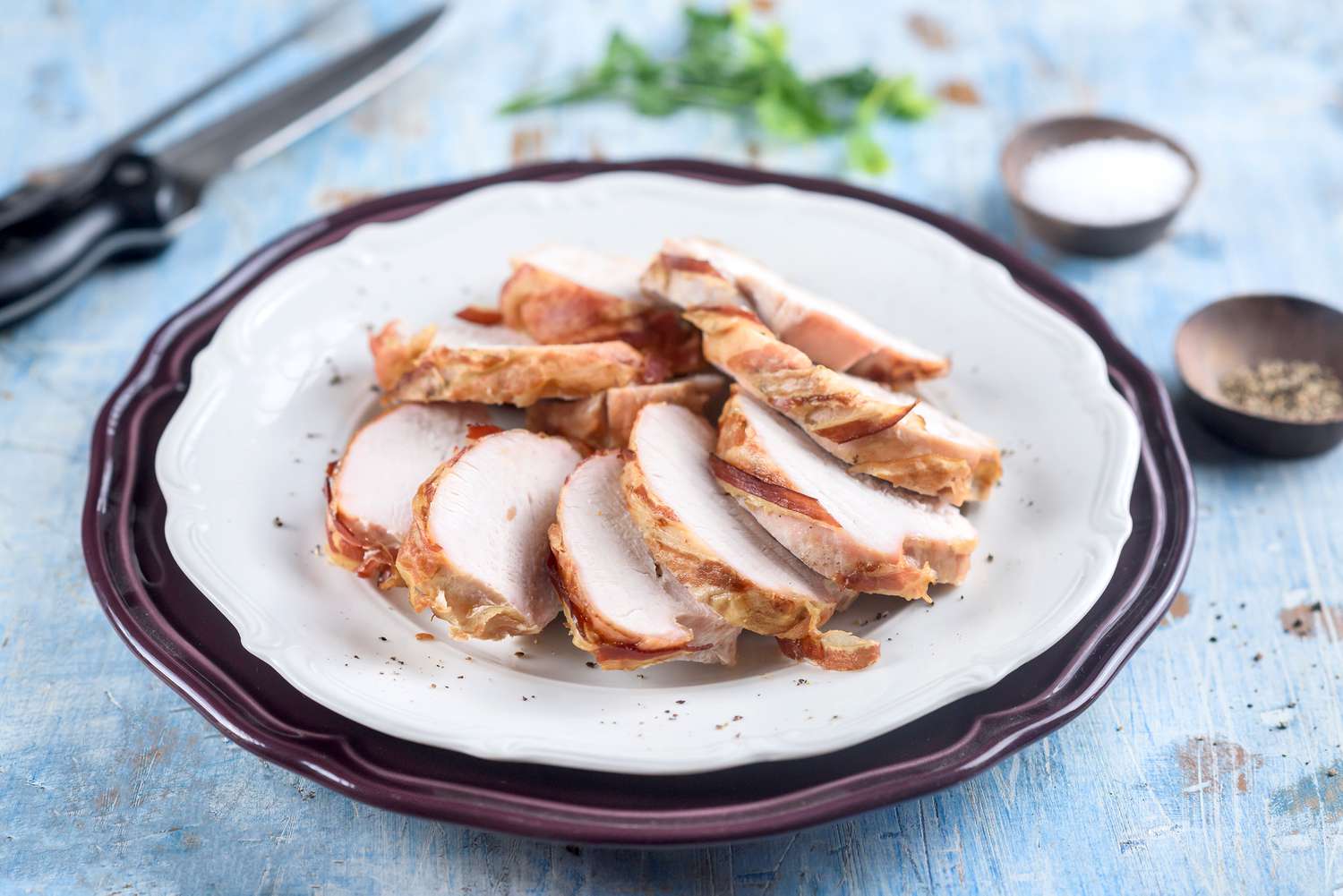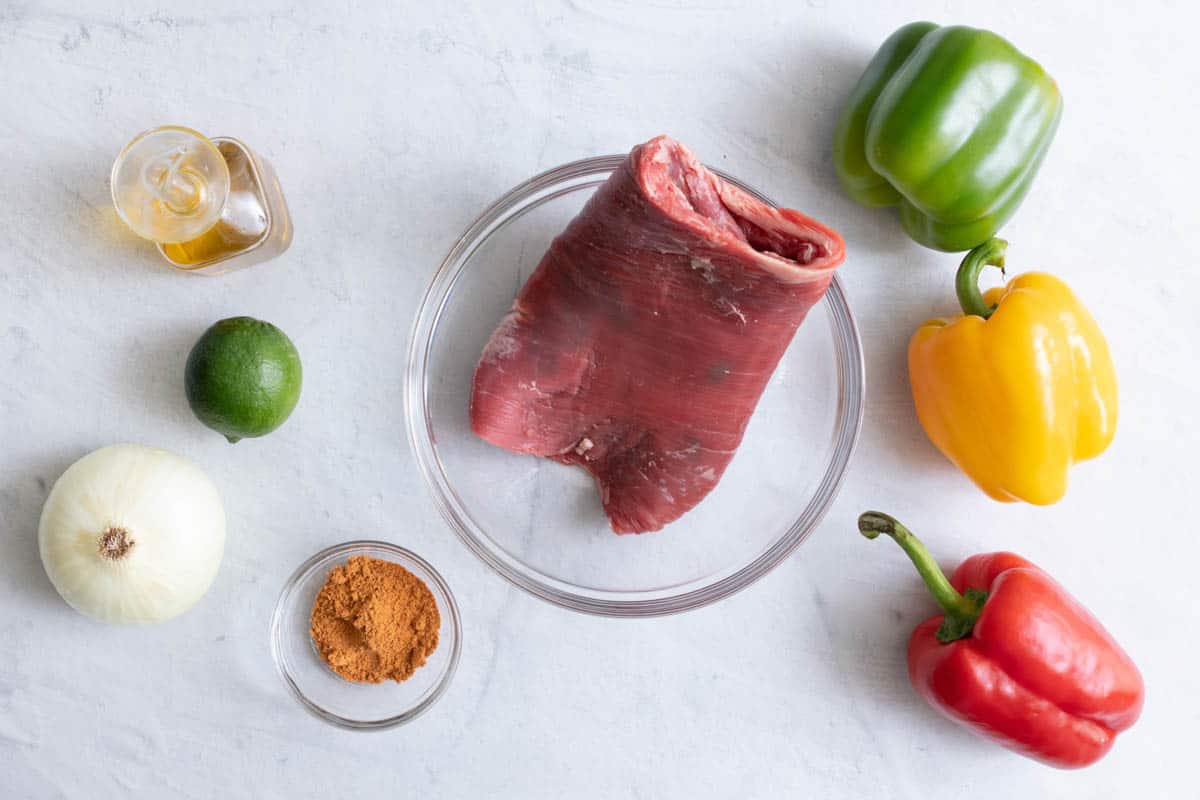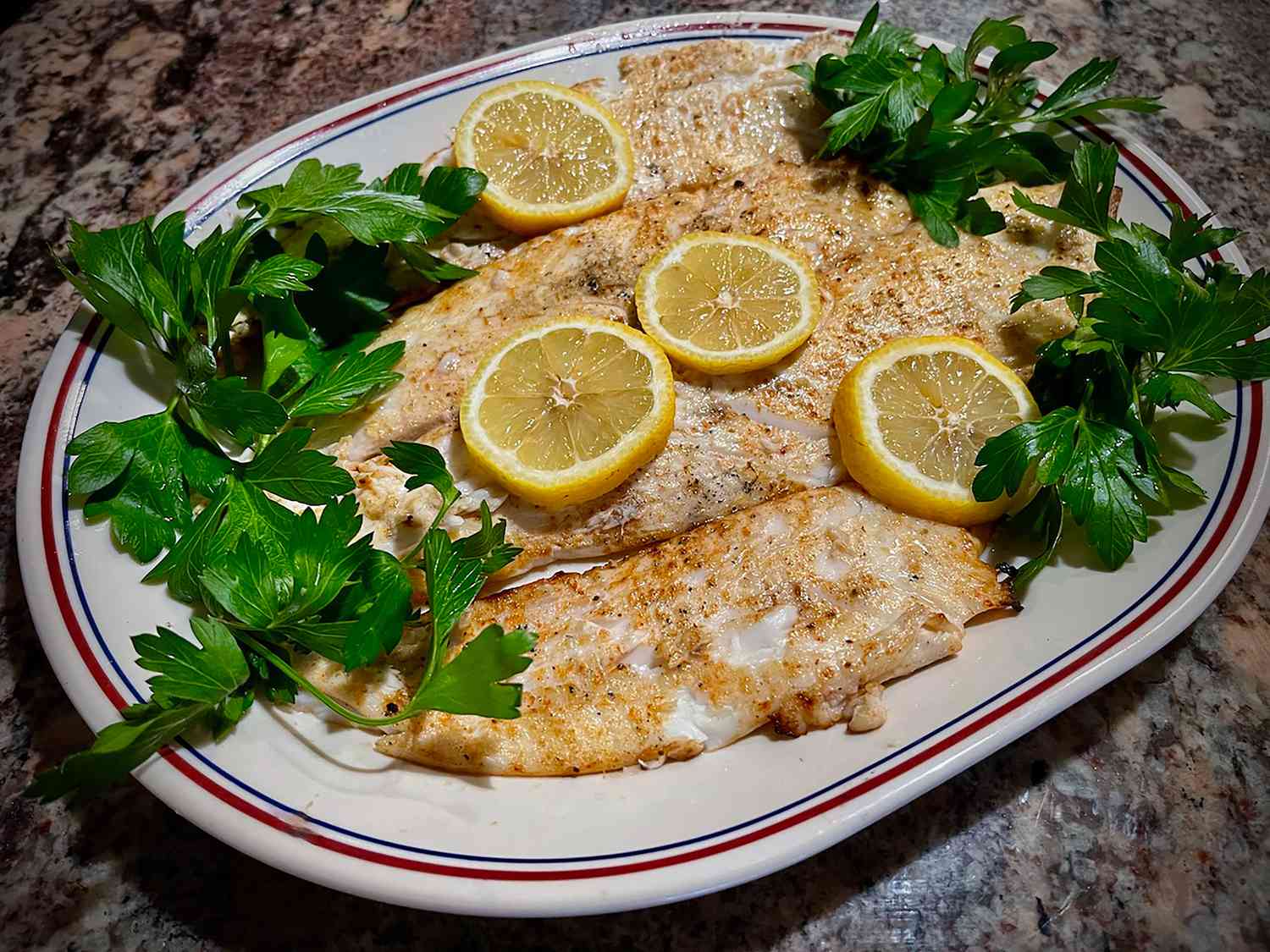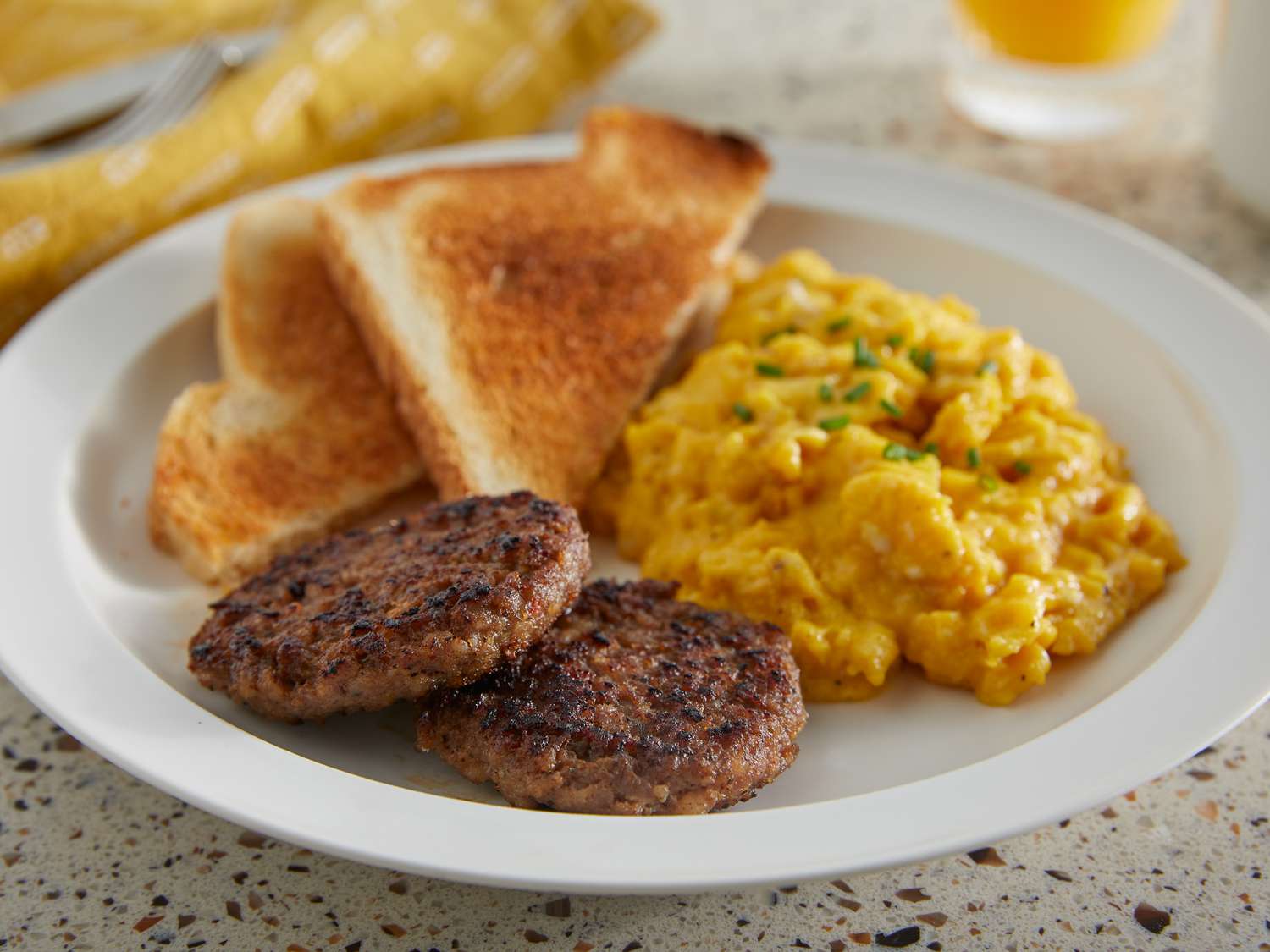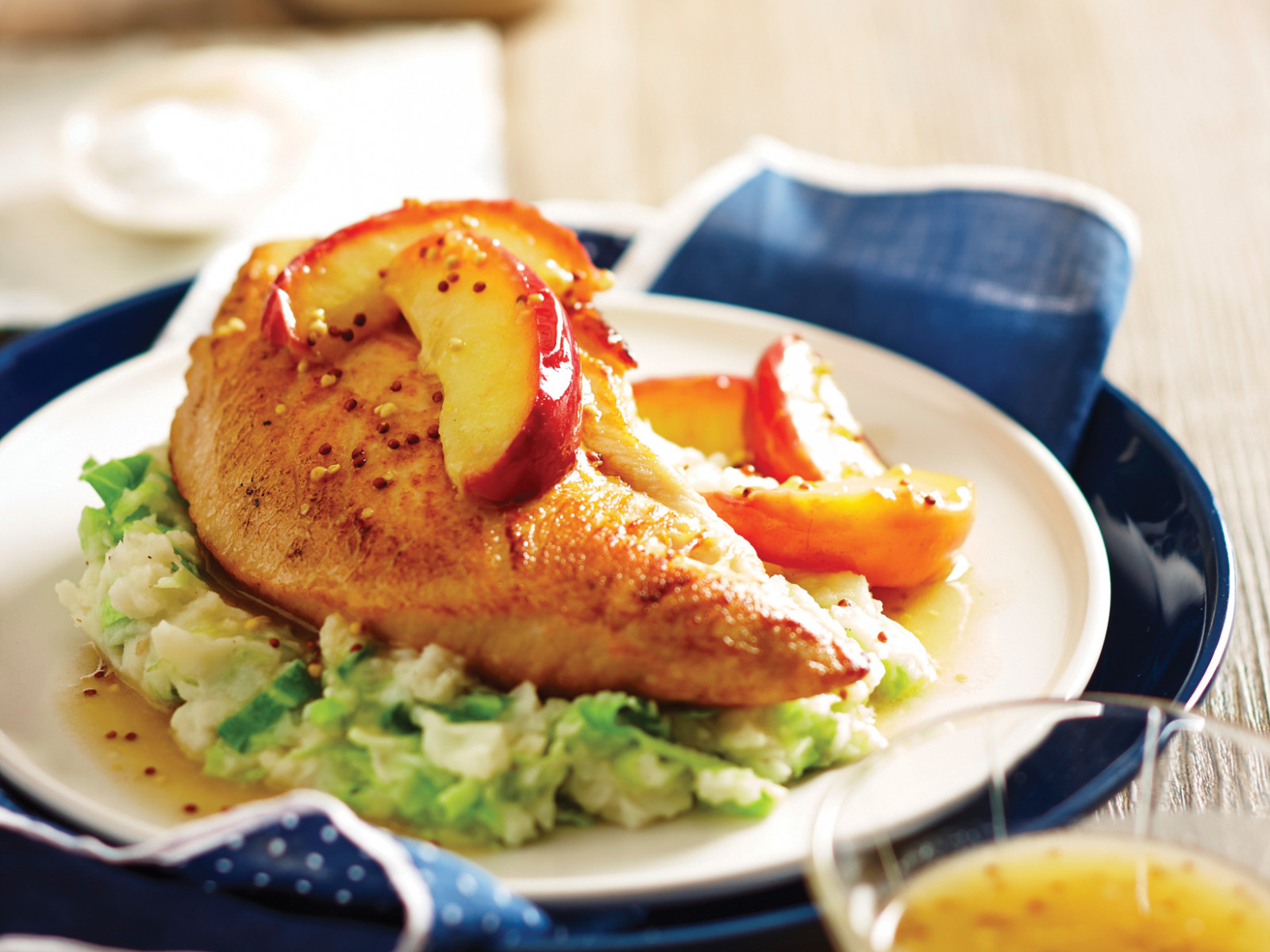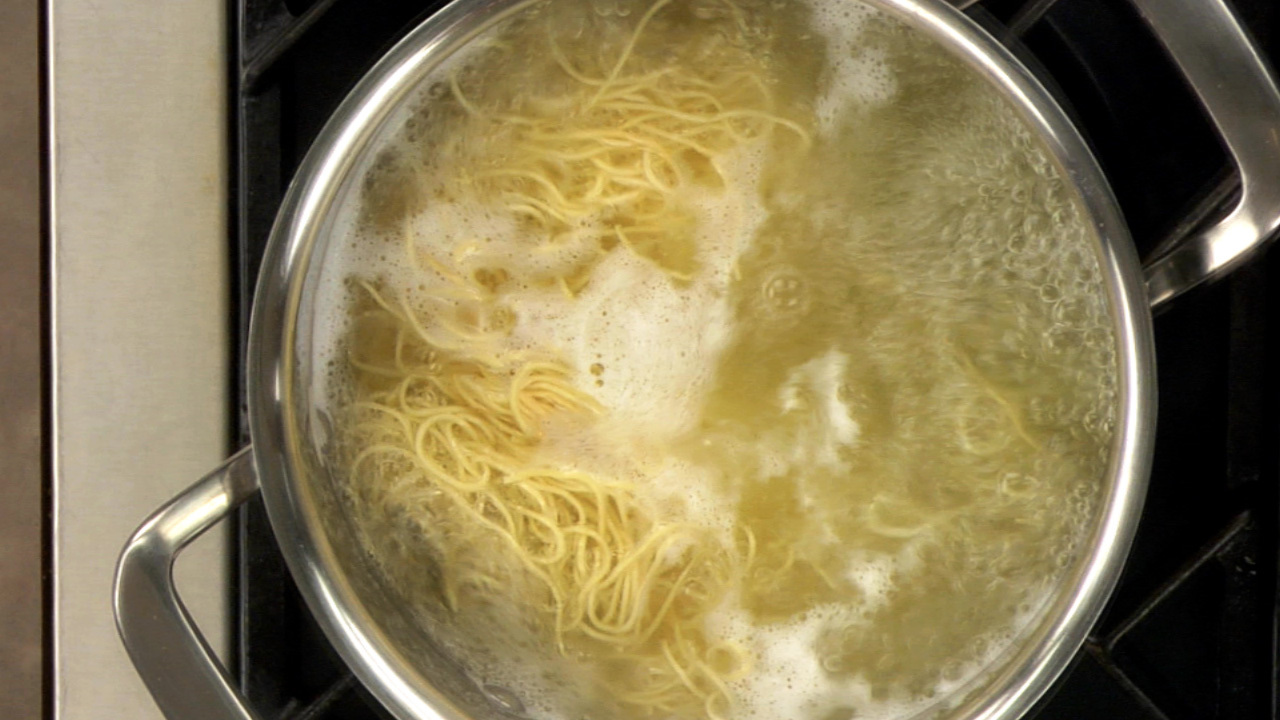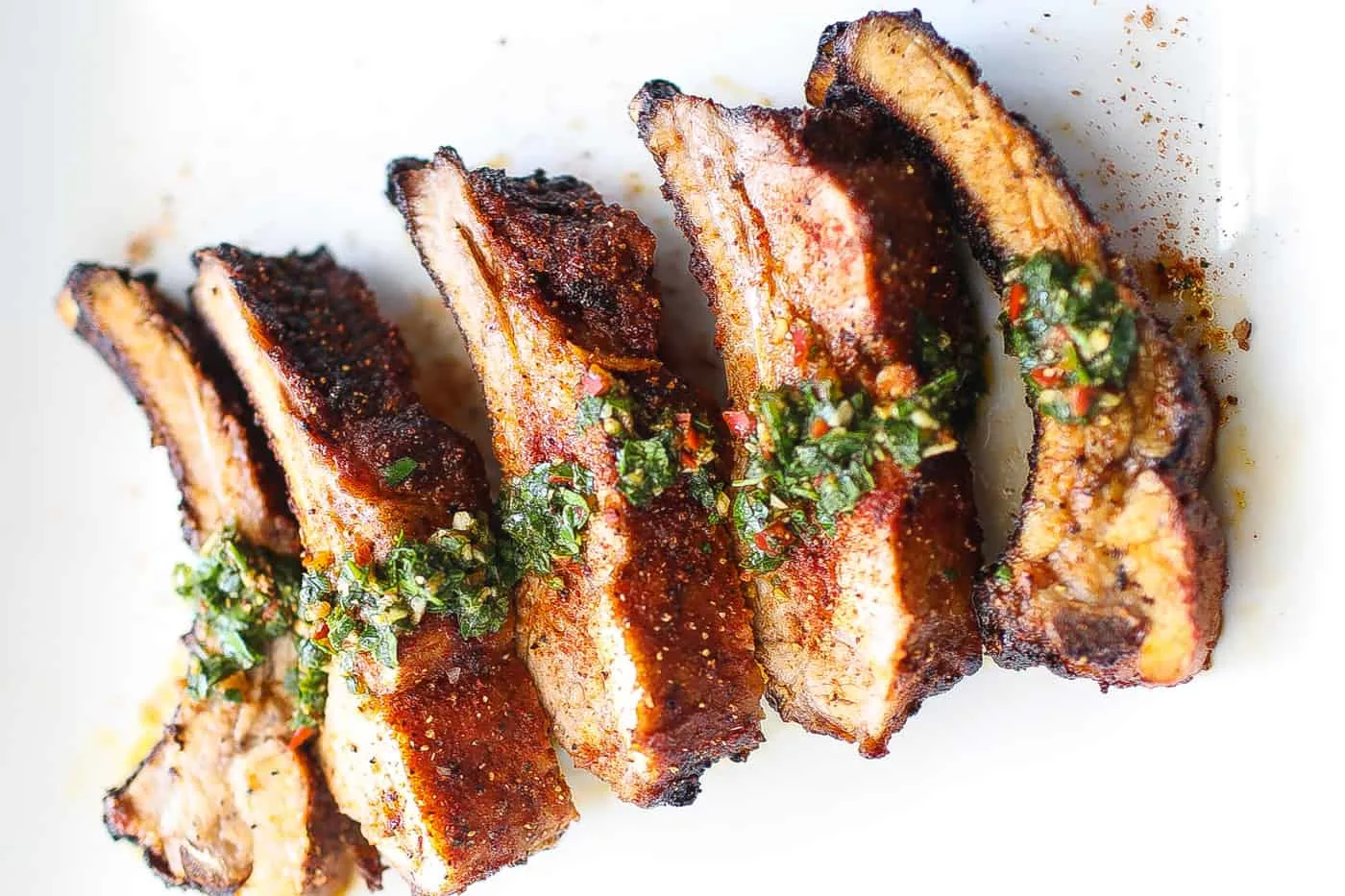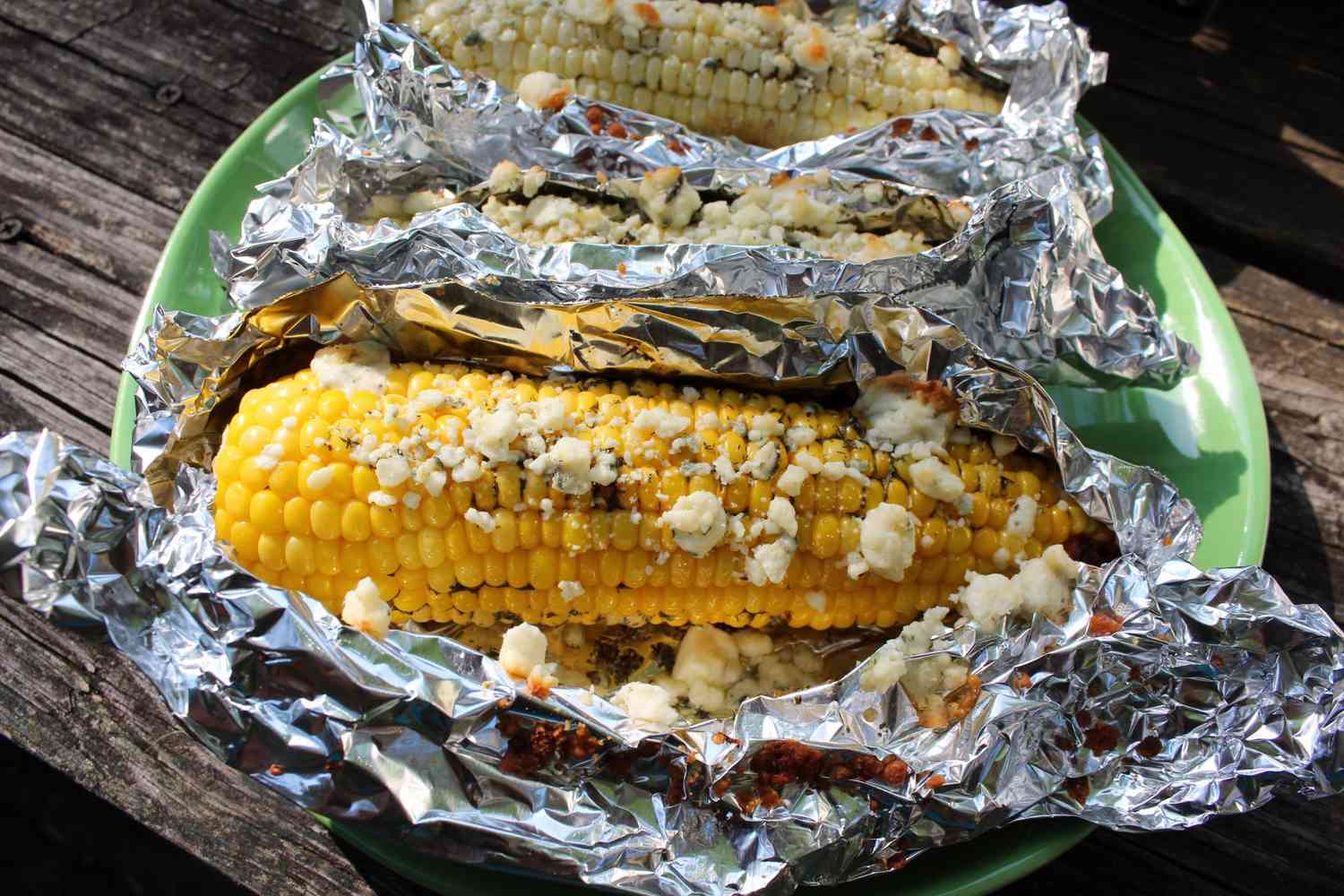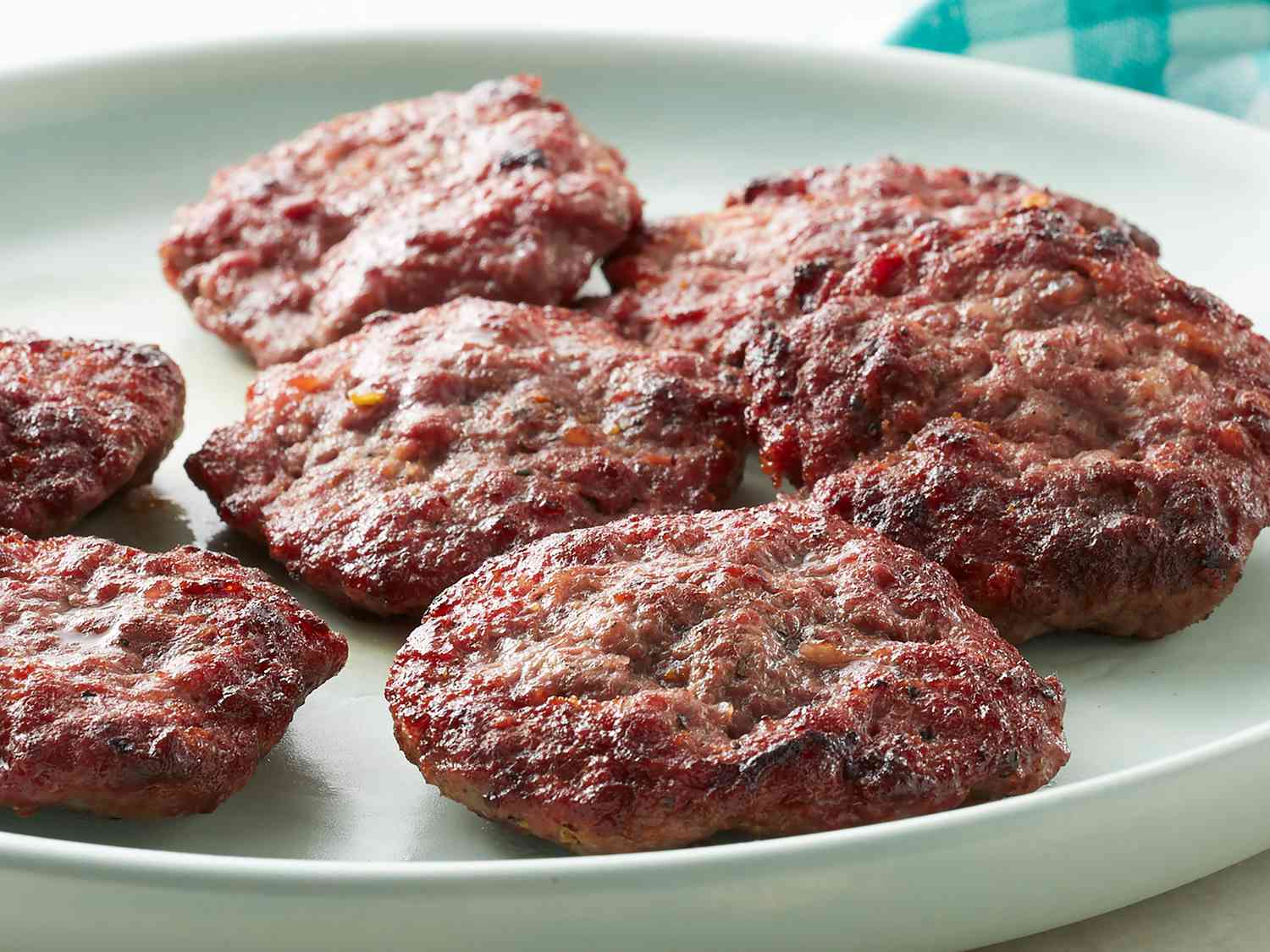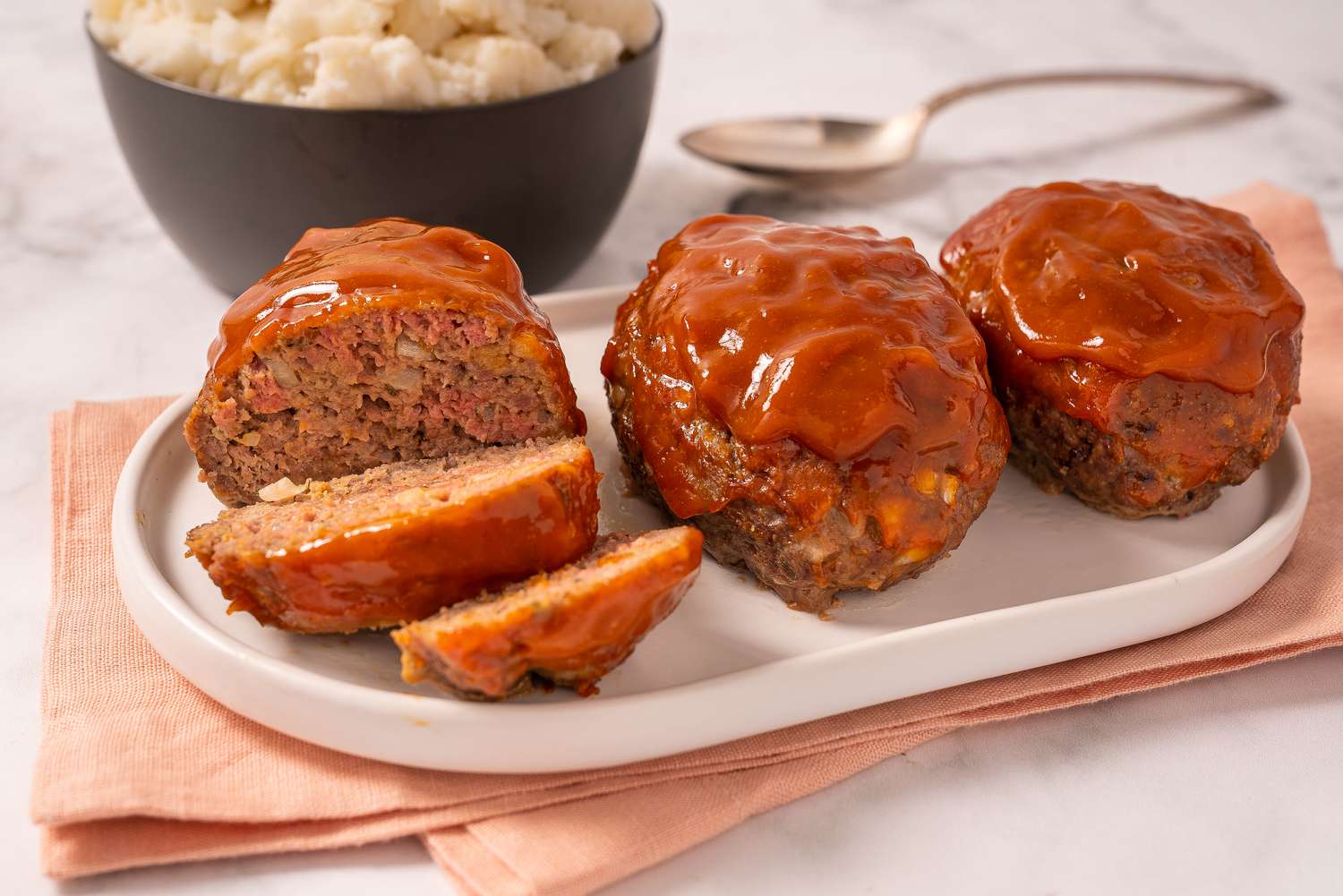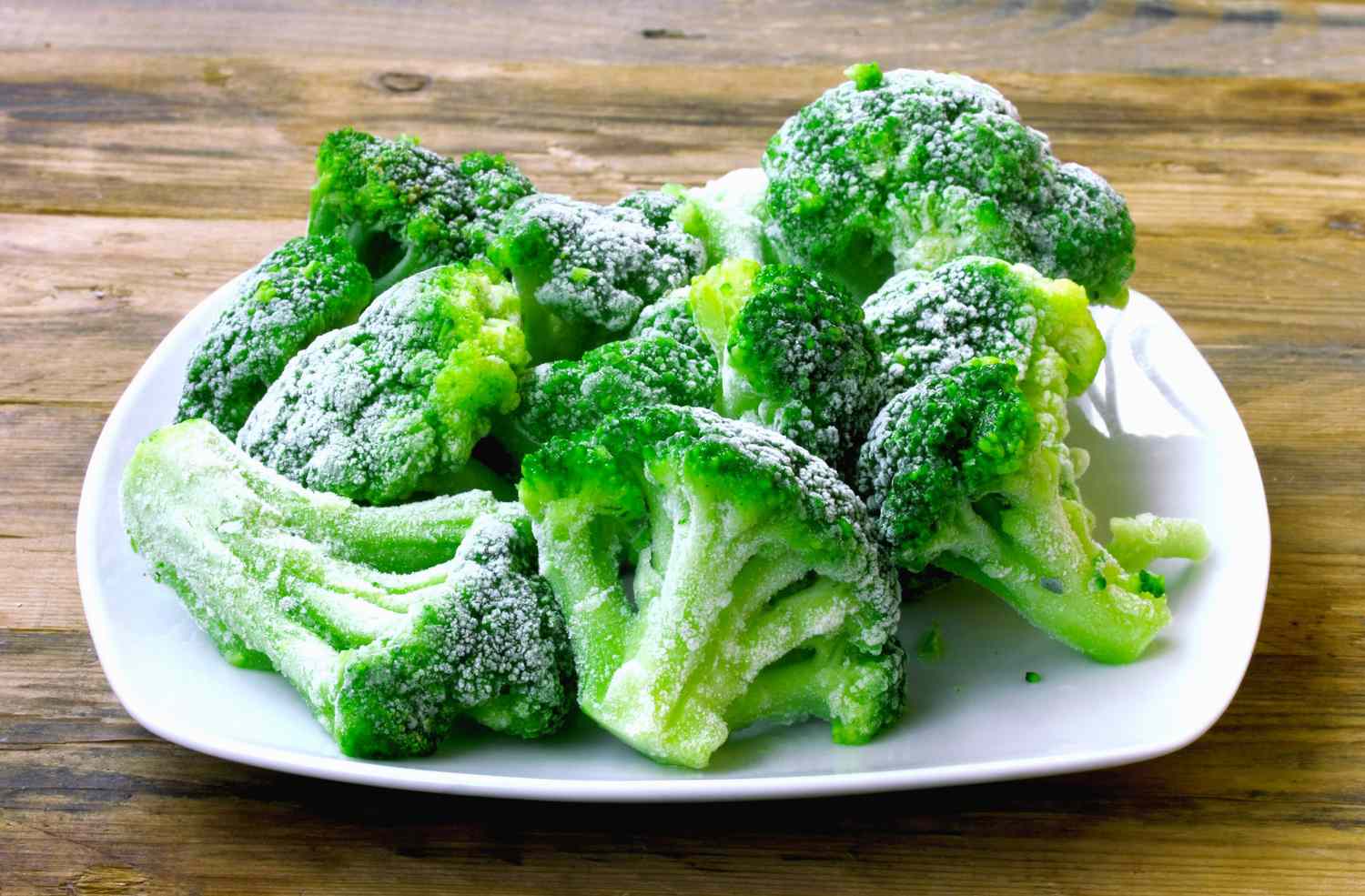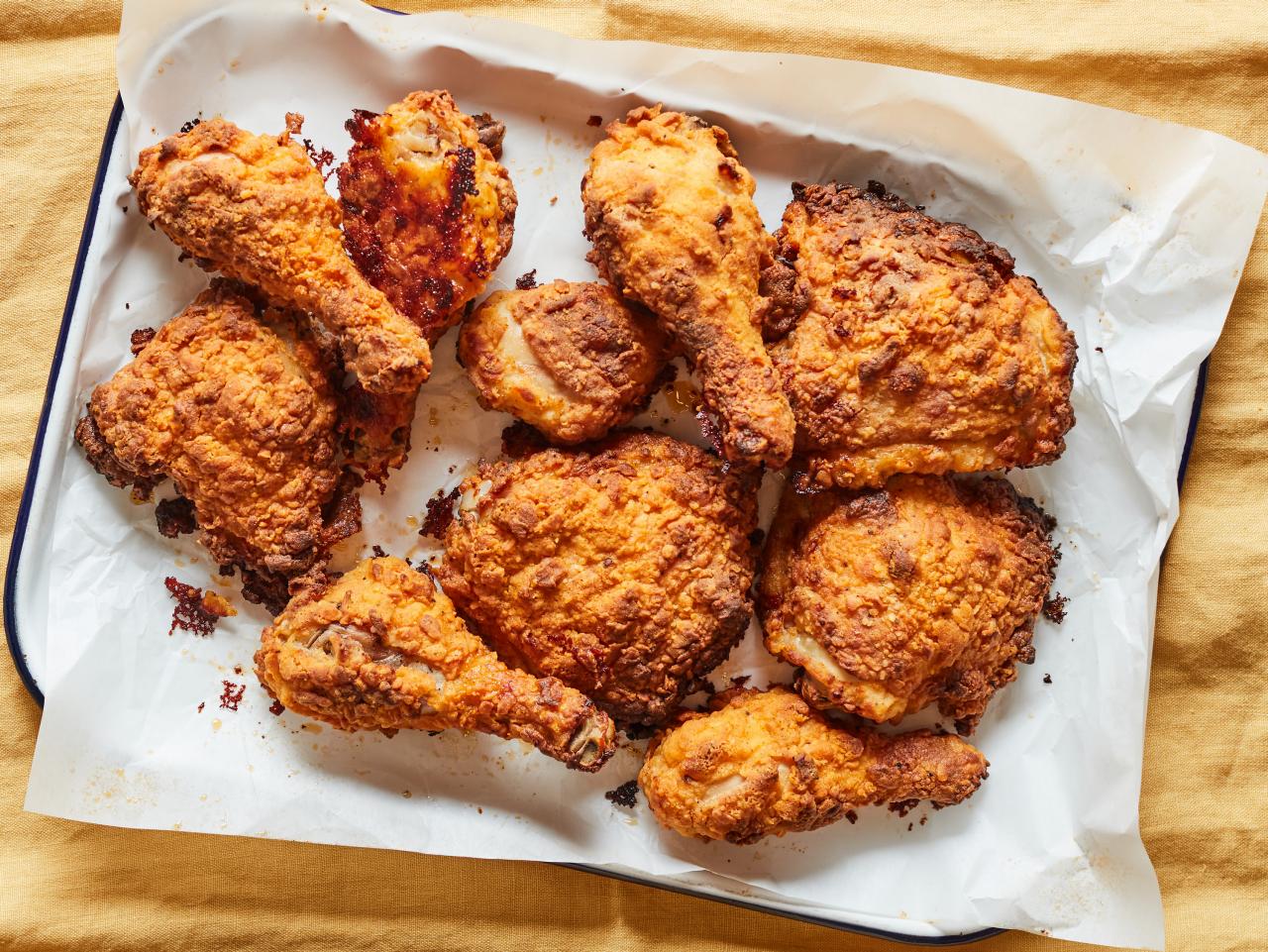Creating Delicious and Nutritious Meals for Your Feline Friend
As cat owners, we all want to ensure our feline friends are happy and healthy. One key aspect of their well-being is their diet. While commercial cat food is convenient, it’s always a great idea to supplement your cat’s diet with homemade meals. Not only does it allow you to control the quality of the ingredients, but it also brings variety to their meals. In this article, we’ll explore some tips and recipes on how to cook for your cat.
Understanding Your Cat’s Nutritional Needs
Before you start cooking for your cat, it’s essential to understand their nutritional requirements. Cats are obligate carnivores, which means their bodies require a diet rich in animal protein. They also need certain nutrients like taurine, arachidonic acid, and vitamins like A and B12. To ensure your homemade meals meet these criteria, consult your veterinarian or a feline nutritionist for guidance.
Choosing the Right Ingredients
Now that you’re aware of your cat’s nutritional needs, it’s time to select the right ingredients for their meals. Here are some cat-friendly foods to include:
- High-quality, lean meats such as chicken, turkey, and lean beef
- Organ meats like liver and heart (in moderation)
- Fish, but make sure it’s thoroughly cooked and free of bones
- Vegetables like pumpkin, peas, and carrots (these should be cooked to aid digestion)
- Small amounts of plain, unsalted broth to enhance flavor
Avoid using ingredients like onions, garlic, grapes, raisins, chocolate, and artificial sweeteners, as they can be toxic to cats. Additionally, be cautious with dairy products as many cats are lactose intolerant, and avoid using excessive amounts of salt or seasoning.
Simple and Nutritious Cat-Friendly Recipes
Now that you have a good understanding of the ingredients you can use, let’s dive into some simple and nutritious recipes you can prepare for your cat:
- Chicken and Vegetable Stew: In a saucepan, cook chicken breast until no longer pink. Add cooked peas and carrots, a splash of chicken broth, and simmer until vegetables are tender. Serve it to your feline friend after it cools down.
- Tuna and Rice Delight: Cook brown rice according to package instructions. In a separate pan, cook canned tuna (in water) until heated through. Mix the cooked rice with the tuna and let it cool down before serving to your cat.
- Beefy Treats: Preheat your oven to 350°F (180°C). In a bowl, mix ground lean beef, a small amount of cooked liver (finely chopped), and a beaten egg. Roll the mixture into small balls and place them on a greased baking sheet. Bake for about 15 minutes until cooked through. Let them cool before treating your cat.
Feeding Tips and Considerations
When incorporating homemade meals into your cat’s diet, keep the following tips in mind:
- Introduce new recipes gradually to avoid digestive upsets.
- Monitor your cat’s weight and adjust portion sizes accordingly. Consulting with a veterinarian will help you determine the right amount of food for your cat’s age, size, and activity level.
- Always use proper food handling practices and store leftovers in the refrigerator for a maximum of three days.
- Remember to provide fresh water for your cat at all times.
Remember, cooking for your cat can be a rewarding experience that strengthens the bond between you. Just ensure you are providing a balanced and varied diet that meets their specific nutritional needs. As always, consult with a veterinarian before making any changes to your cat’s diet to ensure their health and well-being.
Was this page helpful?
Read Next: How To Cook Pork Loins In The Oven
mhqhifertilizermachine
Zhengzhou Huaqiang Heavy Industry Technology Co.Ltd has developed and produced the suitable equipment for the organic fertilizer production, bio organic fertilizer production, NPK fertilizer production and BB fertilizer production.
